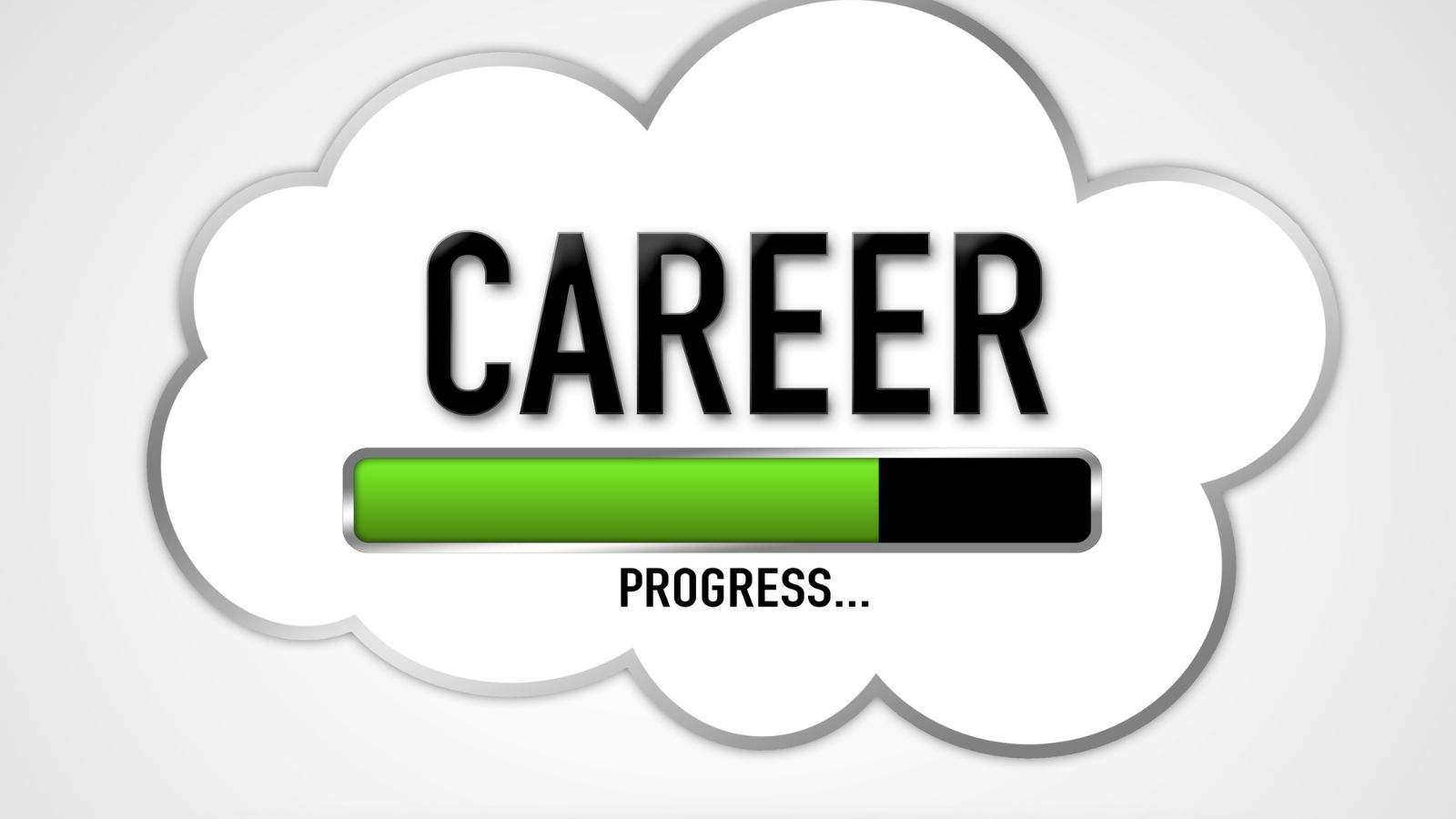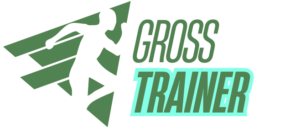The healthcare industry is changing fast, and it’s not just about memorizing anatomy or perfecting medical techniques anymore. To stand out, you need skills that might not seem obviously connected to healthcare at first glance. Here’s a look at what’s really in demand and how you can position yourself to shine.
Digging into Data
Hospitals and clinics are swimming in data—think patient records, treatment outcomes, and operational stats. They need people who can dive in, spot trends, and turn numbers into plans that improve care. If you can whip up a clear dashboard or write a basic SQL query, you’re already a step ahead in the race for healthcare career opportunities.
You don’t need to be a tech genius. What matters is being curious about how data moves through healthcare systems and how it can solve real problems, like streamlining a clinic’s workflow or catching patterns in patient recoveries.
Building Cultural Connections
Healthcare serves all kinds of people, but not everyone feels understood. If you can bridge cultural gaps—whether by speaking another language, knowing the health challenges of specific communities, or explaining medical stuff in ways that click for different backgrounds—you’re gold.
For example, a hospital manager who gets why some groups skip preventive care can make a huge difference. A nurse who tailors explanations to fit a family’s cultural context becomes a go-to person.

Guiding Digital Health
Patients are bombarded with health apps, wearables, and online info, and it’s overwhelming. If you can help people make sense of these tools, you’ve got a valuable edge. This isn’t about being a tech whiz—it’s about understanding what patients need to feel confident using technology to manage their health.
Navigating the Rulebook
Healthcare rules shift constantly, and organizations need people who can keep up. You don’t need to be a lawyer—just someone who’s patient, detail-oriented, and can turn dense regulations into clear, workable policies.
Thinking Outside the Box
Healthcare has unique challenges, like tricky logistics or staffing shortages, that need creative fixes. If you’re good at streamlining processes, designing patient-friendly spaces, or coming up with fresh solutions, you’re a fit. One hospital hired an event planner to overhaul its patient discharge system. Another brought in a retail pro to revamp their pharmacy. Your “unrelated” experience might be exactly what they’re looking for.
Empathy That Scales
Empathy in healthcare is a given, but creating systems that keep teams compassionate under pressure? That’s rare. If you can design training to help stressed staff communicate better or build environments that prevent burnout, you’re addressing a massive need. Healthcare leaders know burnout is a crisis—they want people who can foster resilience.
Money Smarts with a Purpose
How money flows in healthcare directly affects patients. If you understand insurance, healthcare financing, or value-based care, you’re bringing something critical. It’s not about having an MBA—it’s about grasping how financial choices impact care and balancing budgets with patient needs.
Your Hidden Edge
Your best asset might be something you’ve never tied to healthcare. Managed construction projects? That’s perfect for hospital expansions. Worked in hospitality? You’re a natural for improving patient experiences. Taught in a classroom? Health education programs need you.
The industry is waking up to the value of fresh perspectives. Your unique skills could be the key to unlocking the perfect healthcare role.

